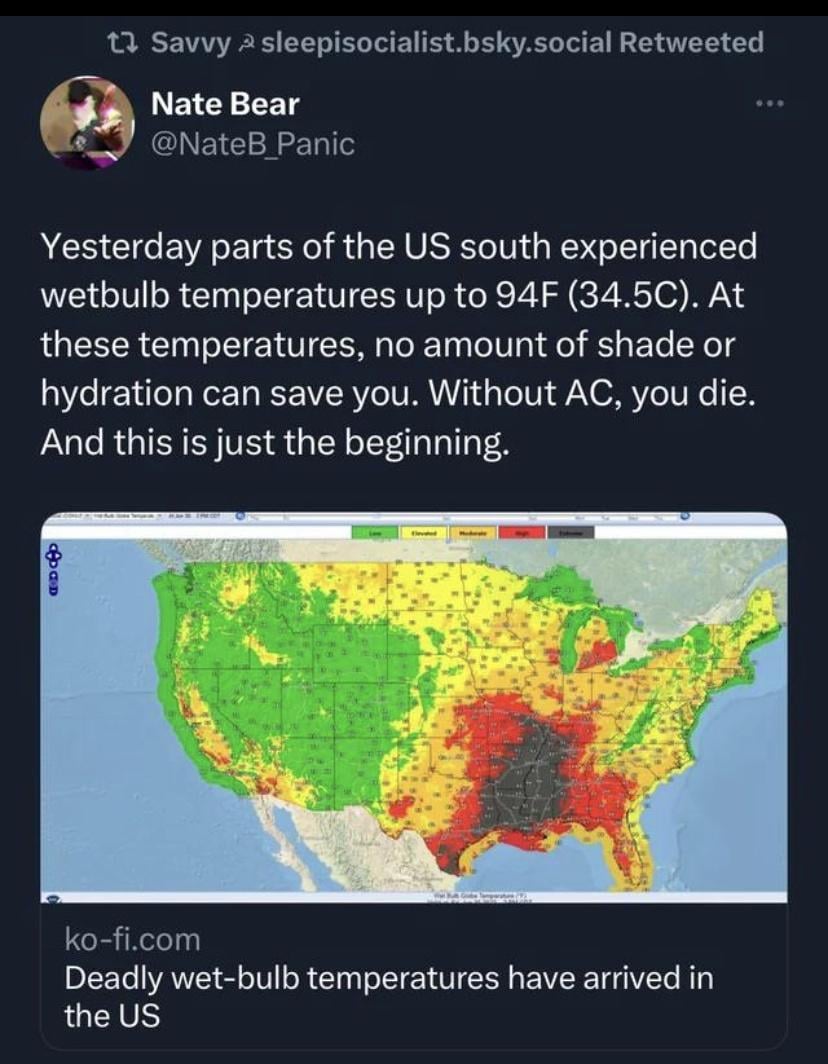Prepper Forum
557 readers
1 users here now
Discsussions about prepping and preparedness, including disasters, prepping communities, sustainability, situational awareness, supplies, skills, gear. This is a forum about knowledge sharing.
founded 1 year ago
MODERATORS
51
52
53
1
Japan prepares to dump treated radioactive water from the Fukushima power plant into the ocean
(www.independent.co.uk)
55
1
Climate change is increasing stress on thousands of aging dams across the US
(theconversation.com)
56
57
58
59
60
61
62
63
1
Global temperature rises in steps -- here's why we can expect a steep climb this year and next
(theconversation.com)
64
65
66
67
68
69
70
71
72
73
74
75
